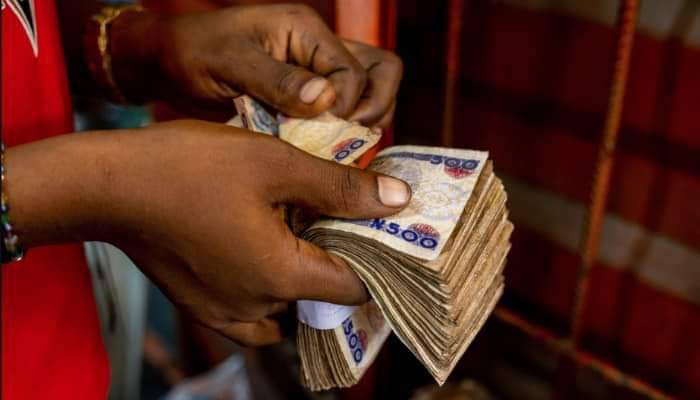Human Rights Writers Association of Nigeria (HURIWA) has called on the Federal Government to launch an investigation into the Central Bank of Nigeria (CBN) regarding the prolonged artificial scarcity of Naira notes.
The group has urged President Bola Ahmed Tinubu to direct the Department of State Services (DSS) and the Economic and Financial Crimes Commission (EFCC) to investigate suspected economic sabotage, which has negatively impacted businesses nationwide.
HURIWA has pointed out that since the resurgence of the scarcity of the national currency in the last quarter of the previous year, the CBN has failed to address the issue, despite being legally responsible for the smooth circulation of the notes.
According to the group, the CBN has neglected its statutory functions, such as issuing legal tender currency in Nigeria, maintaining external reserves to safeguard the international value of the legal tender, promoting a sound financial system, and acting as a banker while providing economic and financial advice to the Federal Government.
In a statement by the National Coordinator, Emmanuel Onwubiko, HURIWA expressed regret that the CBN has seemingly become ineffective and allowed influential forces within its hierarchy to undermine the national economy by manipulating the circulation of insufficient volumes of Naira, thereby hindering the economic activities of a wide range of Nigerians.
The rights group highlighted the fact that, despite the CBN identifying the sources of the scarcity in a press statement, it is disconcerting that over a month later, the CBN has not shown the political will to take action against those it identified as conspirators in the Naira scarcity.
HURIWA emphasized, “The prevailing consensus among those in the know is that the resolution of cash scarcity requires the Central Bank of Nigeria to implement comprehensive measures within its mandate to boost the volumes of cash in circulation and address the persistent scarcity of Naira in the country.”
